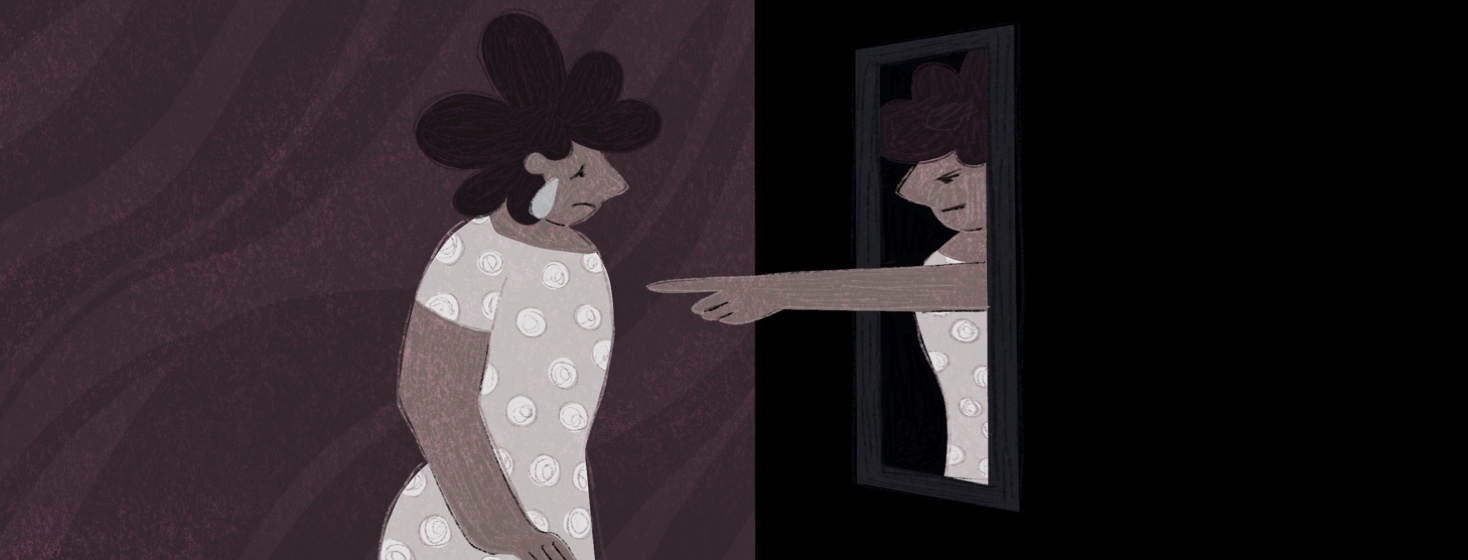The Reality of Imposter Syndrome in Narcolepsy
"Imposter syndrome" is a term that has become well-known in recent years. Although it’s frequently associated with success-related situations, it’s also very applicable to invisible illnesses like narcolepsy.
For those who may not have heard this term before, it’s generally defined as someone who experiences "pervasive feelings of self-doubt, anxiety, depression, and/or apprehension of being exposed as a fraud."1
I don’t claim to speak for everyone, but I feel as though a significant number of us have or may experience it at some point.
Having imposter syndrome as a person with narcolepsy
Only recently did I become aware that I suffer from imposter syndrome and that there are actually various types.
Doubting my own condition is something I'm subconsciously guilty of. Sometimes I question how much of my inability to complete tasks is due to my symptoms and how much of it is due to my own lack of motivation. I find myself questioning whether what I’m feeling is actually real or if my own body is deceiving me.
Another form of imposter syndrome that I’ve recently noticed in myself is doubting my ability to succeed. I became aware of it when a friend of mine pointed out that every time I accomplished something, I found a way to attribute this success to pure luck or someone else’s failure.
Pretending to be 'normal' is a vicious cycle
Then there’s the most common form of imposter syndrome, in my opinion. This is one that I think most of us suffer from (unknowingly) in many cases: Pretending to be "normal."
I am also guilty of this, seeing as sometimes I don’t want people to see me as incapable or "less than." This can happen frequently in work-related environments. We fear being seen as incompetent or unreliable. We fear falling asleep during an important meeting with a boss or a client, and so we have no other option but to fake being fine.
This isn’t healthy because, as I’ve learned from my own experience, it can lead us to ignore and neglect our symptoms, which only hurts our health even more. All of this leads to a vicious cycle of self-fulfilling prophecies.
Questioning reality even with a diagnosis
When it comes to invisible illnesses like narcolepsy, the strangest thing is that there is something uniquely intriguing about how we experience imposter syndrome.
Most people who experience imposter syndrome under "normal" circumstances have absolutely nothing to defy their beliefs. They cannot prove or disprove their feelings of inadequacy. Narcolepsy, on the other hand, is the opposite; we have a medical diagnosis that serves as proof of our reality, and yet we can still question it. We can even tell ourselves that maybe if we pretend to be "normal," we could eventually be normal. We compare ourselves constantly with others. We tell ourselves, "If everyone else can do this, I should be able to as well.”
Celebrating wins, no matter how small they are It’s easy to begin to feel as though we’re living a double life: the life we show to the world, and the life we hide from it. It can drive you crazy.I don’t have the answer. I can’t tell you how to stop feeling like an imposter, because I still feel like one myself. The only thing I believe we can do is to be honest with ourselves and accepting of our limits. We cannot deny our limits, but we also can’t allow them to paralyze us.Balance is key in everything, and it’s important to be aware of ourselves and celebrate every single one of our wins, no matter how small they are.
Join the conversation